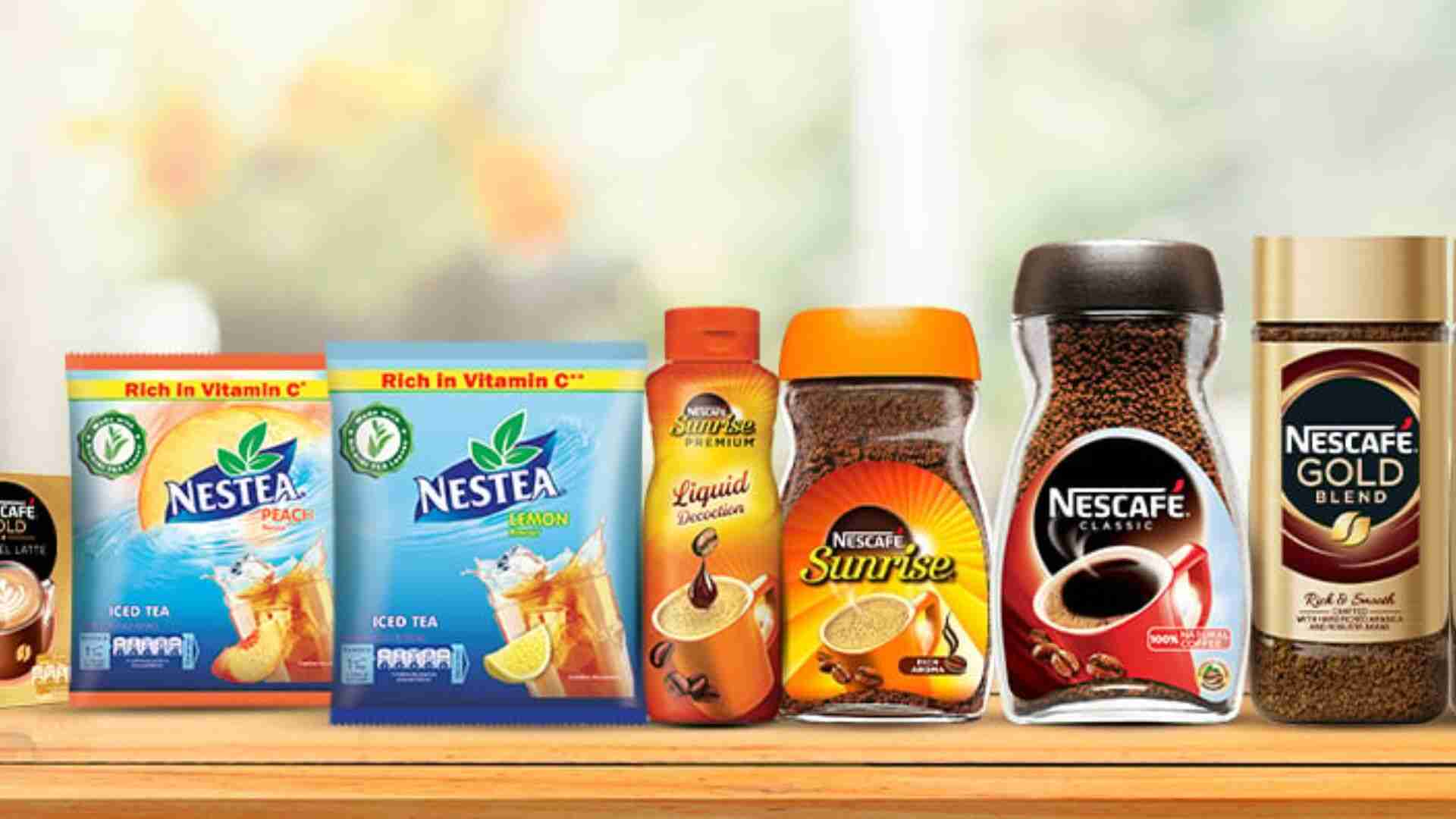At a recent Nestle shareholders’ meeting, the focus was on concerns about the sugar content in infant milk sold in developing countries. Held on April 18, the meeting discussed crucial decisions regarding Nestle’s product range and its potential impact on public health, according to a report by ET.
A Proposal for Healthier Sales was introduced by ShareAction, a responsible investment NGO, urging Nestle to reduce sales of food and beverage items high in sugar, salt, and fats. The proposal aimed to increase the proportion of sales from healthier products and called for Nestle to report sales figures based on the healthfulness of its products, setting corresponding targets.
ShareAction believes that Nestle’s emphasis on healthier sales aligns with its commitment to improving global health. They argue that reducing the availability of unhealthy products is essential for addressing diseases like diabetes, heart disease, and certain cancers.
Despite this, Nestle’s shareholders voted against the proposal, with only 11 per cent in favor, citing concerns about limiting the company’s strategic flexibility. Nestle responded by stating that individuals should be able to enjoy indulgent products in moderation, emphasizing personal responsibility in making healthy choices.
ShareAction criticized Nestle’s rejection, advocating for the adoption of internationally recognized standards for defining healthy food. They argue that given Nestle’s global reach, transitioning to healthier products is necessary to benefit communities worldwide.
ShareAction emphasizes the need for Nestle to adhere to credible guidelines in defining healthy food, given its significant influence on consumer diets and overall well-being. They argue that moving away from unhealthy product sales could lead to healthier communities and enhance long-term economic prosperity.
Nestle had previously set a target to increase sales of nutritious food products by 50 per cent by 2030. However, ShareAction expressed concerns that this target may align too closely with Nestle’s expected growth rate, potentially limiting its impact on consumer diets and public health outcomes.
This meeting follows past criticisms of Nestle’s product offerings, particularly concerning high sugar levels in cereals and yogurts marketed to children. Action on Sugar’s findings revealed that many yogurts surveyed contained excessive sugar levels, raising concerns about their impact on children’s health.







